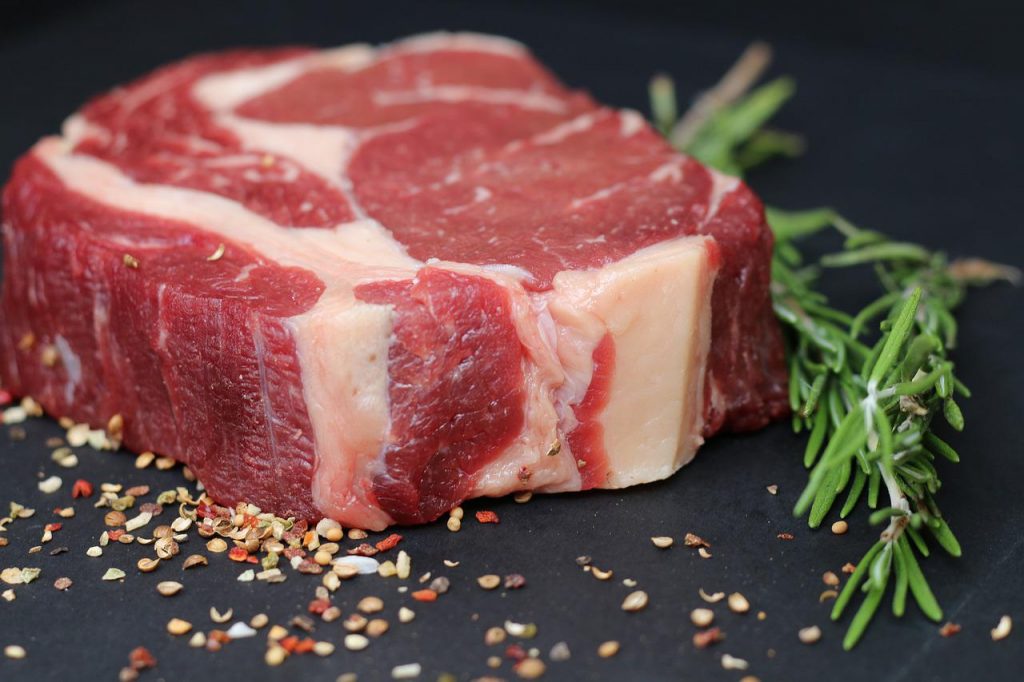Meat Now Being Made To Grow In Space?
Learn how scientists are making the impossible possible by growing meat in space.
This article is more than 2 years old

Recently, a lot of rich guys like Jeff Bezos and Elon Musk have been toying with the idea of long-term stays in space. Even NASA hopes to put people on the baron surface of Mars one day. But if humanity is going to survive as a community in the depths of space, they’re going to need a stable food source. As such, several experiments have been conducted to see whether plants can flourish away from Earth. And as of last week, a new test has begun to see if growing meat in space would be a feasible option.
Growing meat anywhere, especially in space, might seem a little impossible. But the experiment is a necessary trail because potential nutrient sources will be required for the future of space travel. According to BBC News, the concept was developed by Aleph Farms. The Israeli company specializes in growing meat from cells, and tests are currently being carried out by the first all-private astronaut team to visit the International Space Station.
Dubbed as NASA’s first-ever space tourism mission, the team consists of Canadian investor and philanthropist Mark Pathy, US entrepreneur Larry Connor, ex-Israeli Air Force pilot Eytan Stibbe, and former astronaut Michael Lopez-Alegria. During their eight-day stay, the group will attempt to grow meat, that is just as good as the real thing, in space. If successful, the bovine cells they have onboard will grow in microgravity and turn into the same muscle tissue found in steaks.
Although the theory doesn’t sound too appetizing, the food technology company behind the idea is very hopeful. The Israeli outfit is a trailblazer in cultivating lab-grown beef steaks and counts Hollywood star Leonardo DiCaprio as one of its key investors, the Daily Mail reports. The firm produced the world’s first 3D-bioprinted ribeye steak in 2019. And in September of that same year, the company was also involved in successfully growing faux meat in space for the first time.

Interestingly, the food company isn’t too fond of terms like “lab-grown” meat. But realistically, the process doesn’t look anything like a farm. The process of growing meat in space entails feeding cells from a cow the things they need to grow – like amino acids and carbohydrates. The cells are stored in tanks where they multiply until muscle tissue forms and eventually turns into something edible. This process is called cultivation or proliferation.
However, most experts say the method is too unstable for astronauts to rely on. One major practical problem is sterility. Speaking about growing meat in space, Chemical Engineer at Berkeley, David Humbird expressed his concerns about accelerated bacteria growth. “Animal cells grow slowly,” he told the BBC. “And if bacteria or fungus were to get into the culture it would grow much faster from animal cells. “It will just take over so you aren’t making the animal cells anymore. You’re making bacteria. And you have to throw it away.”
Moreover, Aleph Farms is still waiting for regulatory approval before its products can be served in restaurants. Which means, even if growing meat in space is successful, it will be a long time before it becomes a viable food source anywhere.



